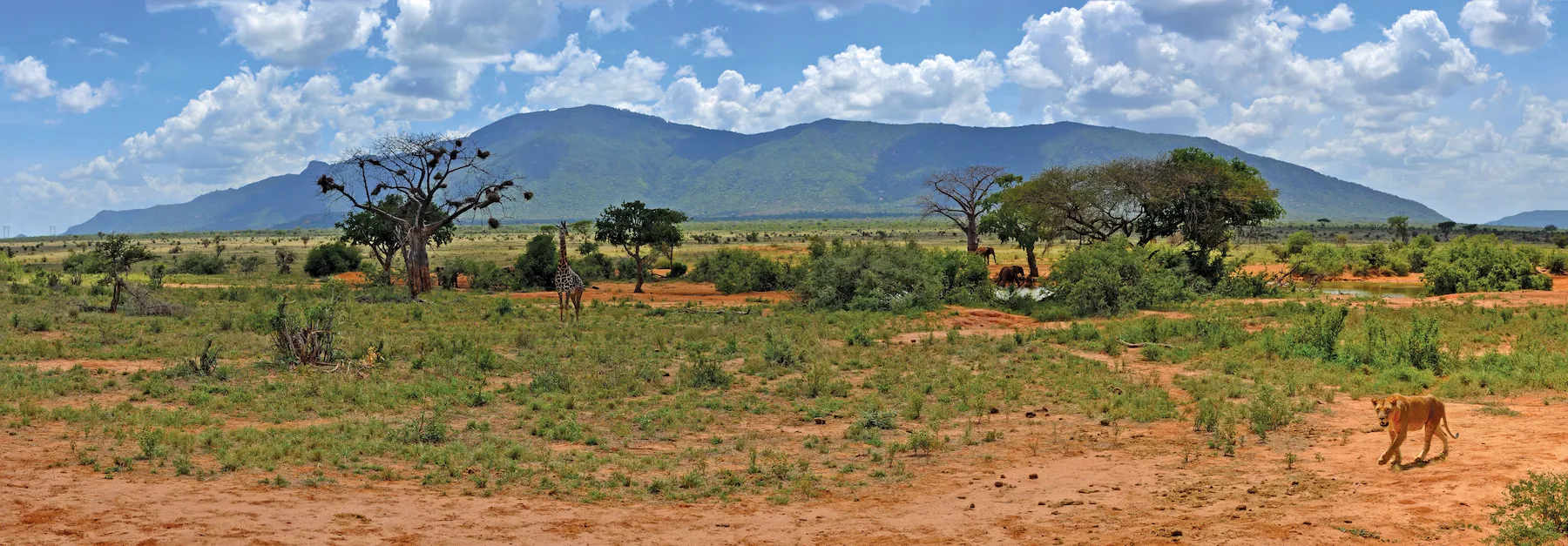THE NEW highway network currently being built in the Czech Republic will be completed in 2025, five years later than the original planned completion date of 2020. The country’s Transport Ministry has said that €19.55 billion will be needed to extend the total length of the network from the current 1,113km to 2,153km. However,it has pointed out that a new system of funding will be required or there will be a shortfall to pay for the plans by 2020.Various options are being considered at present with bond issu
May 30, 2012
Read time: 2 mins
THE NEW highway network currently being built in the Czech Republic will be completed in 2025, five years later than the original planned completion date of 2020. The country’s Transport Ministry has said that €19.55 billion will be needed to extend the total length of the network from the current 1,113km to 2,153km. However,it has pointed out that a new system of funding will be required or there will be a shortfall to pay for the plans by 2020.
Various options are being considered at present with bond issues and PPPs in the frame. The Transport Ministry has said that high priority link roads suitable for the PPP projects include the R35 linking Hradec Kralove with Olomouc;the Prague ring road; the D3 linking Prague with Ceske Budejovice, the I/11 from Nosovice to the border with Slovakia, and the reconstruction of the D1 highway. Meanwhile, an environmental report on the Prerov-Breclav dual carriageway suggests that building two tunnels (6.8km long and 1.6km long) underneath a bird habitat will be less environmentally damaging than other options.
The Transport and Environmental Ministries are in favour of the tunnels although there are questions over estimated €510 million cost of this option. Another option that avoids the bird habitat entirely would be 7km longer and be slightly more expensive.
Various options are being considered at present with bond issues and PPPs in the frame. The Transport Ministry has said that high priority link roads suitable for the PPP projects include the R35 linking Hradec Kralove with Olomouc;the Prague ring road; the D3 linking Prague with Ceske Budejovice, the I/11 from Nosovice to the border with Slovakia, and the reconstruction of the D1 highway. Meanwhile, an environmental report on the Prerov-Breclav dual carriageway suggests that building two tunnels (6.8km long and 1.6km long) underneath a bird habitat will be less environmentally damaging than other options.
The Transport and Environmental Ministries are in favour of the tunnels although there are questions over estimated €510 million cost of this option. Another option that avoids the bird habitat entirely would be 7km longer and be slightly more expensive.









